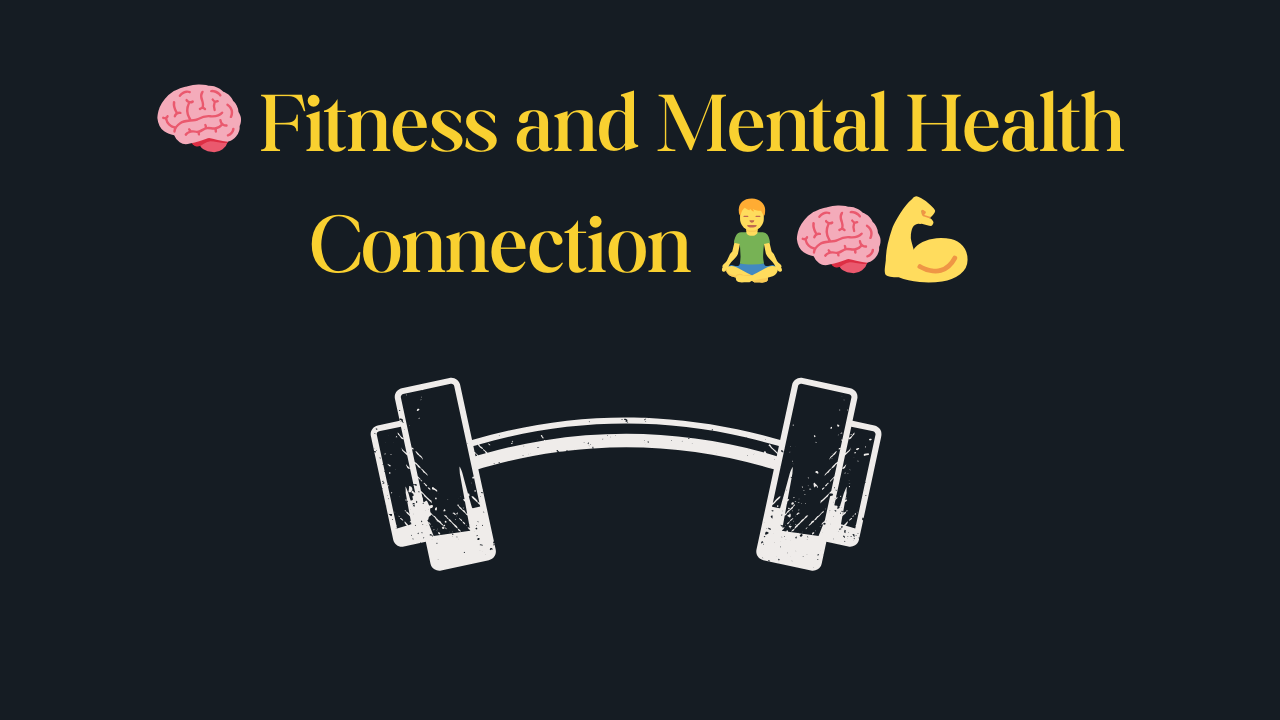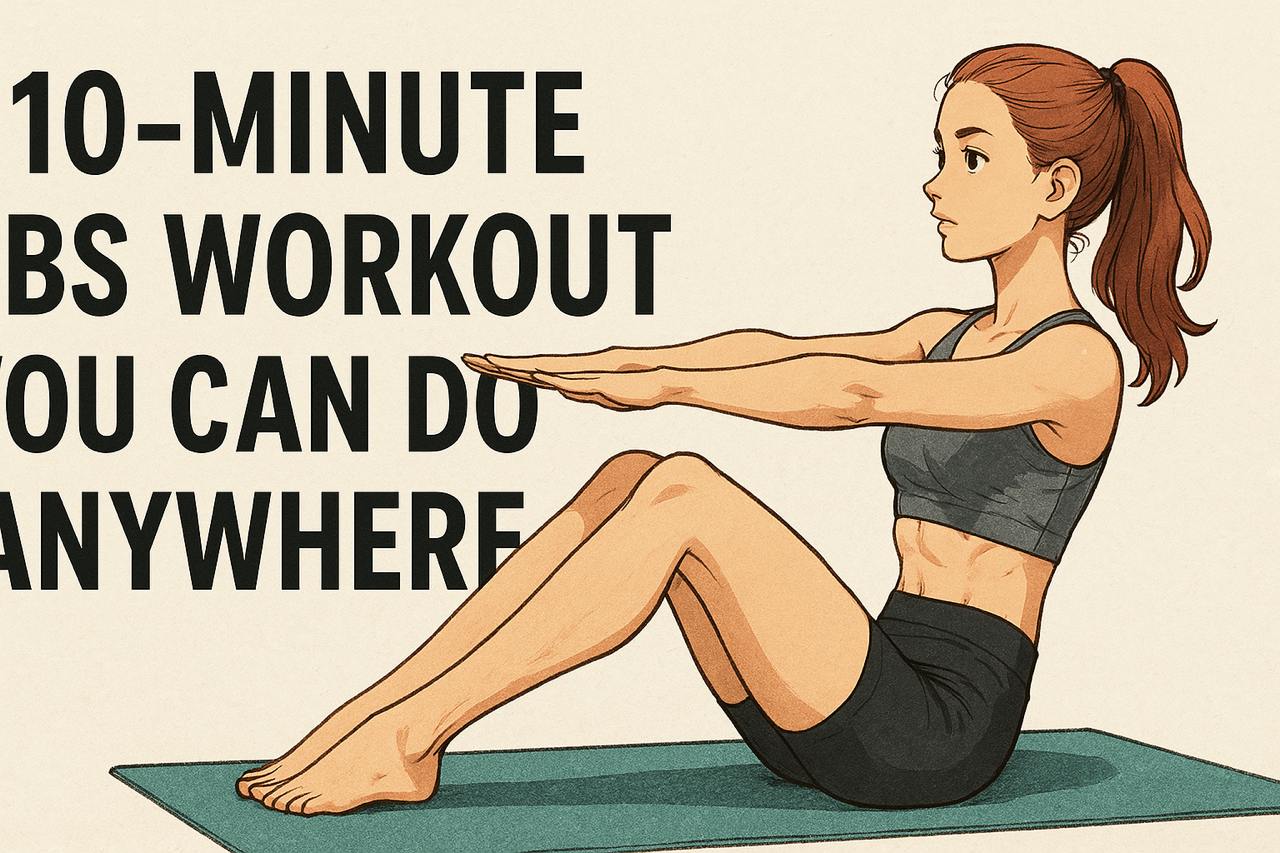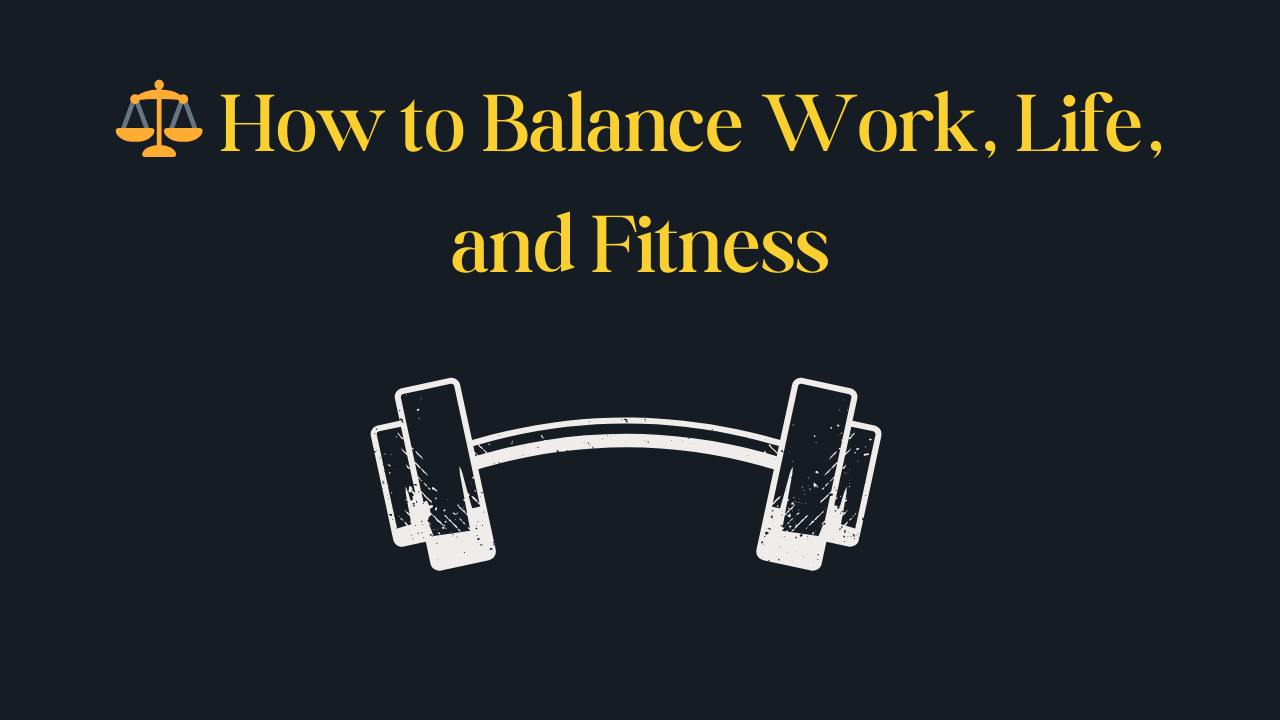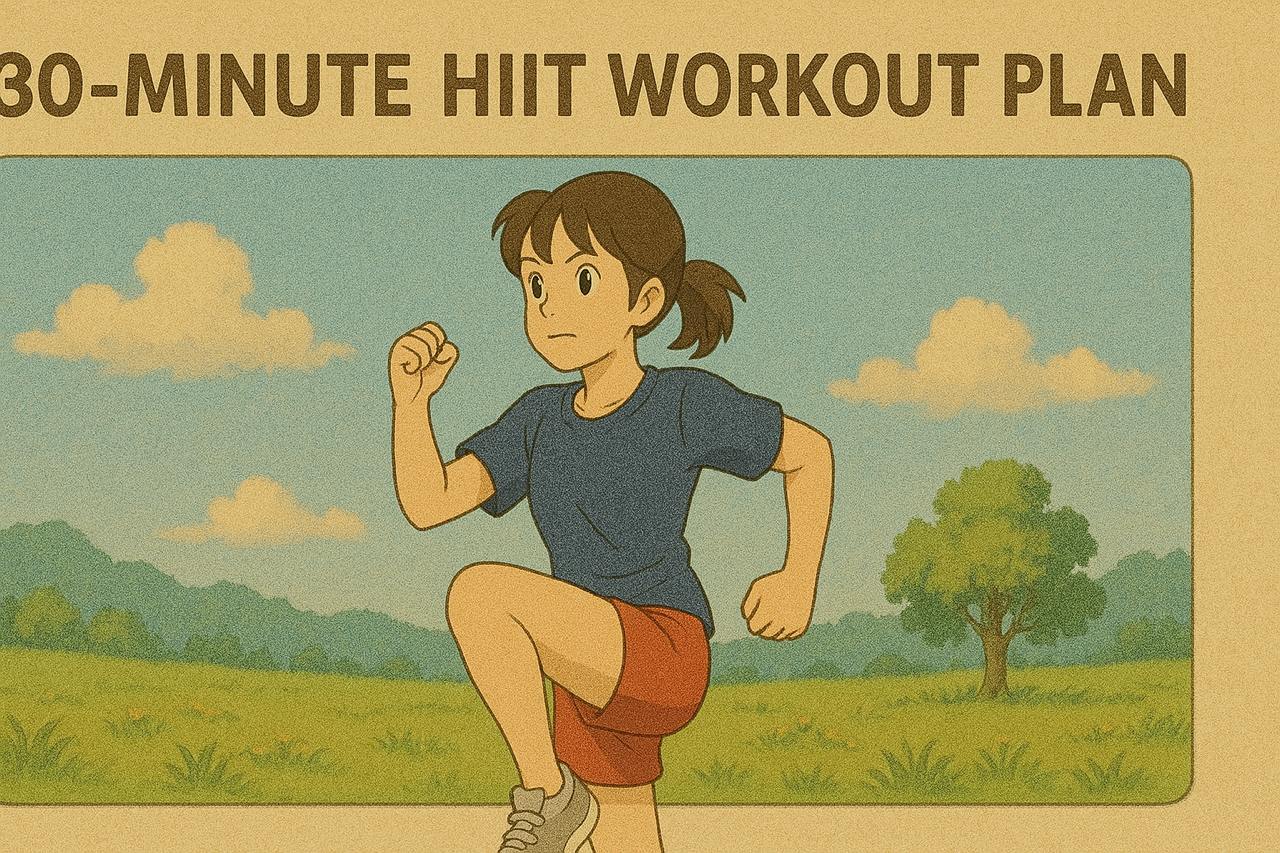🧠 Fitness and Mental Health Connection 🧘♂️🧠💪
2025-04-03 01:39:06.51 +0000 UTC

🧠 Fitness and Mental Health Connection
We all know exercise is good for the body—but did you know it’s just as powerful for the mind? 💭💪
Whether you’re lifting weights, walking the dog, or dancing in your living room, physical activity has a direct and lasting impact on your mental health. This guide explores the connection between fitness and mental health—and how movement can help you feel happier, calmer, and more focused. 🌞🧘♂️
📊 How Exercise Impacts the Brain
- 💥 Releases endorphins = natural mood boosters
- 🧠 Increases serotonin and dopamine = better mood & motivation
- 🩸 Improves blood flow = clearer thinking & sharper memory
- 🧘 Reduces cortisol = lower stress & anxiety
- 💤 Enhances sleep = better emotional regulation
Movement is like a reset button for your brain. 🔄
🌈 Mental Health Benefits of Regular Exercise
1️⃣ Reduces Stress
- 🏃♀️ Physical activity burns off stress hormones
- 🧘 Movement promotes relaxation and calm
- 💡 Helps release mental tension from daily life
2️⃣ Fights Anxiety & Depression
- 💊 Acts like a natural antidepressant (without side effects)
- 🧘♀️ Calms the nervous system and reduces worry
- 📈 Builds confidence and positive self-image
3️⃣ Boosts Self-Esteem
- 💪 Achieving small fitness goals builds a sense of control
- 🧍 Better posture = more confidence
- 📸 Body strength and endurance = feel more capable
4️⃣ Improves Sleep
- 💤 Deeper, more restful sleep improves emotional health
- 🛌 Regular workouts help you fall asleep faster
- 🌙 Morning and afternoon workouts = best for sleep quality
5️⃣ Enhances Focus and Memory
- 🧠 Improves attention span and decision-making
- 🩸 Increases oxygen and nutrients to brain cells
- 📚 Great for students, professionals, and creatives alike
📅 Best Types of Exercise for Mental Health
🧘 Mind-Body Activities
- 🧘 Yoga – boosts mood, flexibility, mindfulness
- 💨 Tai Chi – gentle, flowing movements reduce anxiety
- 🪷 Stretching – releases body tension and emotional blocks
🏃 Cardio & Aerobic Exercise
- 🏃 Running, brisk walking, biking
- 🎧 Dancing, Zumba, kickboxing
- 🔥 Raises heart rate + floods brain with feel-good chemicals
🏋️ Strength Training
- 💪 Builds resilience and a sense of personal power
- 🧱 Reduces symptoms of anxiety and depression
- 🔁 Repetitive motion = meditative focus
🕰️ How Much Exercise Do You Need?
- ✅ 150 minutes of moderate-intensity or 75 minutes of vigorous activity per week
- 🧘 Include at least 2 days of strength training
- 🌱 Even 10–15 minutes of daily movement improves mood
Consistency > intensity. 📅💡
📋 Sample Weekly Plan for Mental Wellness
| Day | Activity |
|---|---|
| Monday | 30-min brisk walk + 5-min breathing |
| Tuesday | Strength training (full-body) |
| Wednesday | Yoga or gentle stretching |
| Thursday | Dance or cardio class (30–45 mins) |
| Friday | Light walk + journaling or mindfulness |
| Saturday | Outdoor hike or bike ride |
| Sunday | Rest or restorative yoga |
📱 Helpful Mental Wellness Apps
- 🧘 Headspace: Meditation + mindful movement
- 🎧 Calm: Sleep stories, breathing, and stretching
- 🧠 Happify: Boosts emotional fitness with daily challenges
- 🏃 FitOn: Free fitness classes with mental wellness focus
💬 Quotes That Inspire Movement & Mindfulness
- 🌤️ "Exercise is therapy without the couch."
- 💫 "You’re only one workout away from a better mood."
- 🧠 "Move your body, calm your mind."
🧠 Fitness as Mental Self-Care
- 📅 Schedule it like any other important appointment
- 🧍♂️ Use it to reset after stressful events
- ❤️ Make it a gift to yourself, not a punishment
Your body and mind are a team. Train them both. 🤝
✅ Final Thoughts
Fitness isn’t just about six-packs and squats—it’s one of the most powerful tools for building mental strength, resilience, and peace. 🧠💖
Whether you’re managing stress, anxiety, depression, or simply want to feel better—start by moving. One step, one stretch, one breath at a time. You’ve got this. 💪🧘♂️
💬 Coming up next: 🚀 How to Start Your Fitness Journey Today


